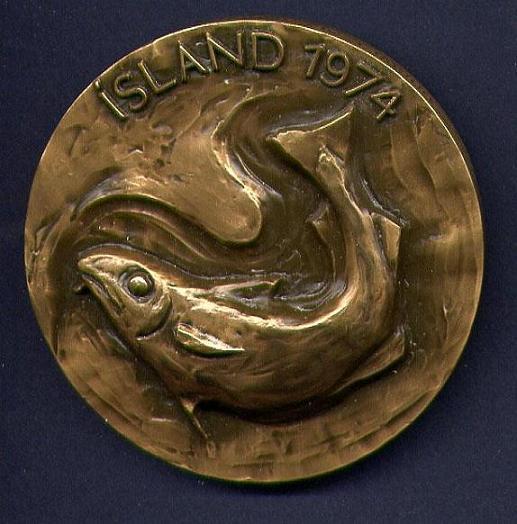India naval sources: Clandestine ' DSRV' Missions
Background
Jinxed submarine suffers explosion fatalities and updates.
Statements by India's top naval sources
The Indian Navy has an agreement with the United States navy to rescue stranded survivors in case of a submarine accident in the deeper waters.
Tuesday’s accident has also triggered an exhaustive review of safety mechanism for on-board on submarines. And questions have been raised over the Indian Navy’s failure to acquire deep submergence rescue vehicle. According to the naval sources, they have been in the process of acquiring it for [a] long[*1*] [time]... The Deep Submergence Rescue Vehicle [is] used for rescue of downed submarines and other clandestine missions. - DNA India
Accidental Revelation?
... The Deep Submergence Rescue Vehicle used for rescue of downed submarines and other clandestine missions [emphasis added]. - DNA India
Note 1-
Submarine Rescue Diving and Recompression Systems (SRDRS) replaced the Navy’s two DSRVs, which had both been deactivated by 1 OCT 2008.
Note 2-
According to Navy statements, SRDRS “is a rapidly deployable rescue asset that can be delivered by air or ground, installed on pre-screened military or commercial vessels of opportunity… and mated to a distressed submarine within a 72-hour time to first rescue period.“
Note 3-
[T]he third phase of the SRDRS — that will not be delivered until late 2012[*1*] — is the submarine decompression system. ... The Navy touts the SRDRS as being air transportable and then able to be taken to sea in a variety of pre-designated U.S. and foreign naval and merchant ships. However, being a surface-based system, the SRDRS is vulnerable to bad weather and rough seas and, of course, could not affect a rescue under Arctic ice. - Norman Polmar [ibid]
"pre-screened military or commercial vessels of opportunity" ...Well, perhaps you can decide if clandestine missions are part of the mix.
The Military Sealift Command [MSC] Special Mission Program manages the operation of four chartered ships used for deep submergence support, salvage support, submarine escort/rescue assistance and the Navy's advanced swimmer delivery system. MV Carolyn Chouest and MV Dolores Chouest operate on the Atlantic coast, MV Kellie Chouest operates on the Pacific coast and MV C Commando operates out of Pearl Harbor, Hawaii SOURCESubmarines are always silent and strange.
Labels: Chouest, clandestine missions, DSRV, India DNA, INS Sindurakshak, MV, pre-screened, SRDRS


0 Comments:
Post a Comment
<< Home